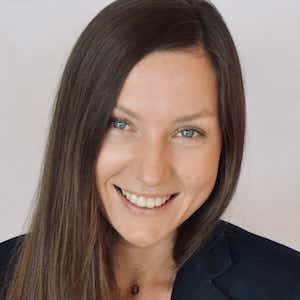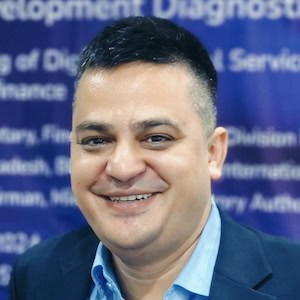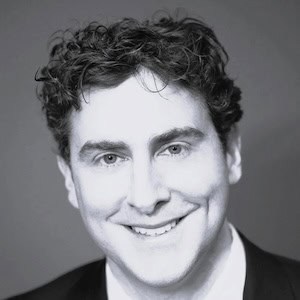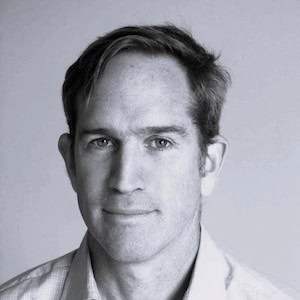-
Cracking the Code on Affordable Health Care – Part 1: An Interview With Dr. Devi Shetty, Founder of Narayana Hrudayalaya
Devi Shetty is one of the world’s most celebrated surgeons. His patients have included Mother Teresa, and his list of accomplishments is the stuff of legend. But Dr. Shetty’s biggest legacy may be his work in pioneering a radically affordable health care model through Narayana Hrudayalaya, one of India’s largest hospital chains. In part 1 of this Q&A, he lays out the advantages (and sacrifices) of this model.
- Categories
- Health Care, Social Enterprise
- Tags
- interviews, public health
-
The Profit vs. Nonprofit Tug of War: From investors to employees, why my social business did a 180
After operating as a non-profit for a year and a half, I decided to flip BLISS to a for-profit. As a nonprofit, we were attracting the wrong people and the wrong money. This is something I had feared, but when it started coming true, it hurt our progress more than I could have imagined. I learned this the hard way, but having a purpose other than profit, such as creating social impact, is not sufficient reason to be a non-profit.
- Categories
- Uncategorized
-
NexThought Monday: There’s a First Time for Everything: Acumen and Dow’s Technical Assistance Initiative brings together MNCs, startups
On May 14-16, Acumen held its first summit of social enterprises and global corporations to explore opportunities for collaboration aimed at expanding access to critical goods and services for poor communities in East and West Africa. The event was the formal kick-off of the Technical Assistance (TA) Initiative, a partnership between Acumen and Dow launched as a Commitment to Action at the Clinton Global Initiative.
- Categories
- Uncategorized
-
Weekly Roundup (6/1/13): NB’s Case Writing Competition Returns, Why SOCAP13 Needs Your Vote
The 2014 NextBillion Case Writing Competition is back. We hope to find, reward, and publish the best business cases exploring social enterprise and market-harnessing solutions to poverty again in 2014.
- Categories
- Uncategorized
-
Medicine in the Middle East: What’s happening in the region’s health care systems, post-Arab Spring?
Most news about the Middle East involves oil, religious conflict, terrorism or war – or all of the above. But you don’t hear much about health care, or how it’s been affected by the region’s political turmoil. Michael Brennan, an expert on the region, gives an overview of the health care systems in Iraq, Syria and Libya, and the challenges they’ve faced since the Arab Spring.
- Categories
- Health Care
- Tags
- public health
-
10 Ways to Improve Savings Products for the Ultra-Poor
The poor need access to financial services to create diversified and reliable sources of livelihood, which help them move out of poverty. As an industry, microfinance, however, has found it difficult to reach the very poorest. The Livelihood Pathways for the Poorest project, jointly implemented in Gaya District, Bihar, India by the Grameen Foundation and the Livelihood School, aimed to pilot a program that could fill the wide gap in services to the ultra-poor.
- Categories
- Uncategorized
-
Microloans Aren’t Just for Businesses Anymore: Increasingly they’re helping the poor meet basic needs
A more universal and basic approach for microloans to assist the more than 3 billion people who live on less than $2.50 a day is providing small loans to break up payments for large purchases.
- Categories
- Agriculture
- Tags
- infrastructure
-
Innovations in Anesthesia: How Gradian Health Systems is making surgery safer at the BoP
Over 90 percent of the 5.8 million annual deaths from physical injury occur in low-income countries. Many of these deaths could be prevented with surgical treatment. But hospitals at the BoP lose power, on average, 18 times per month, making surgery difficult. Here’s how Gradian Health Systems is addressing this challenge.
- Categories
- Health Care










